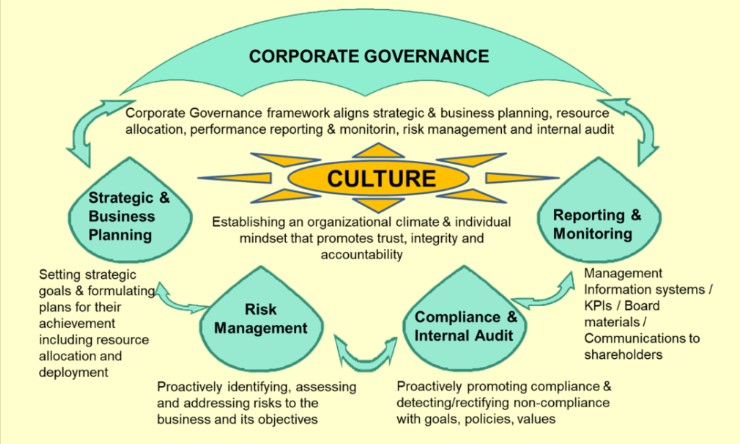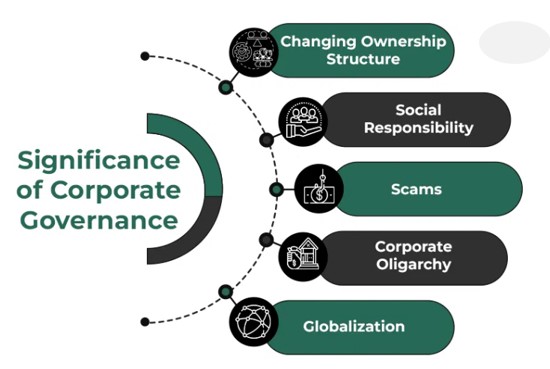7667766266
enquiry@shankarias.in
Mains: GS IV – Corporate Governance
Recently, The Confederation of Indian Industry (CII) has come up with 15 action points that can induce regulators to reduce compliance burdens and move towards a trust-based corporate governance.

